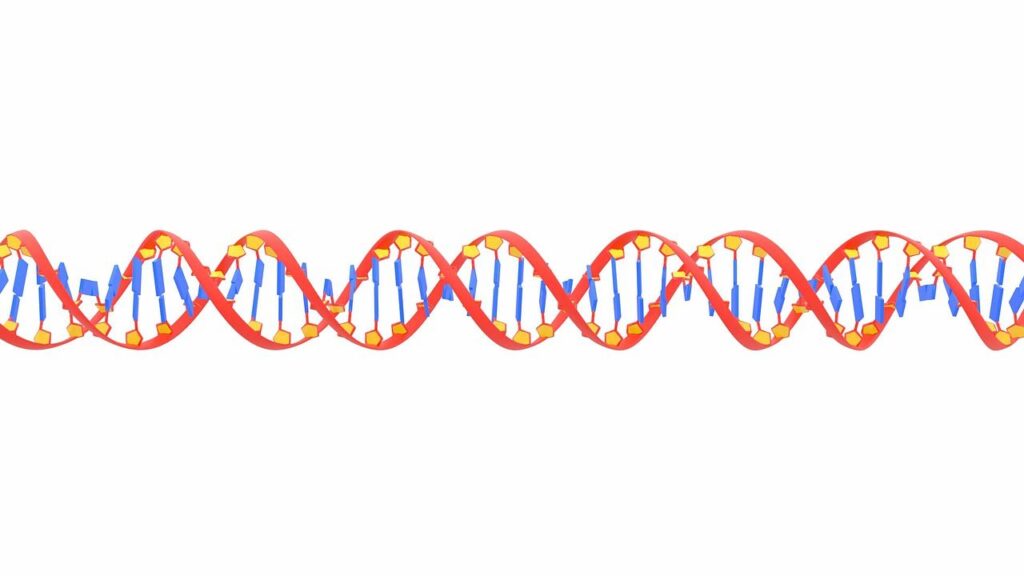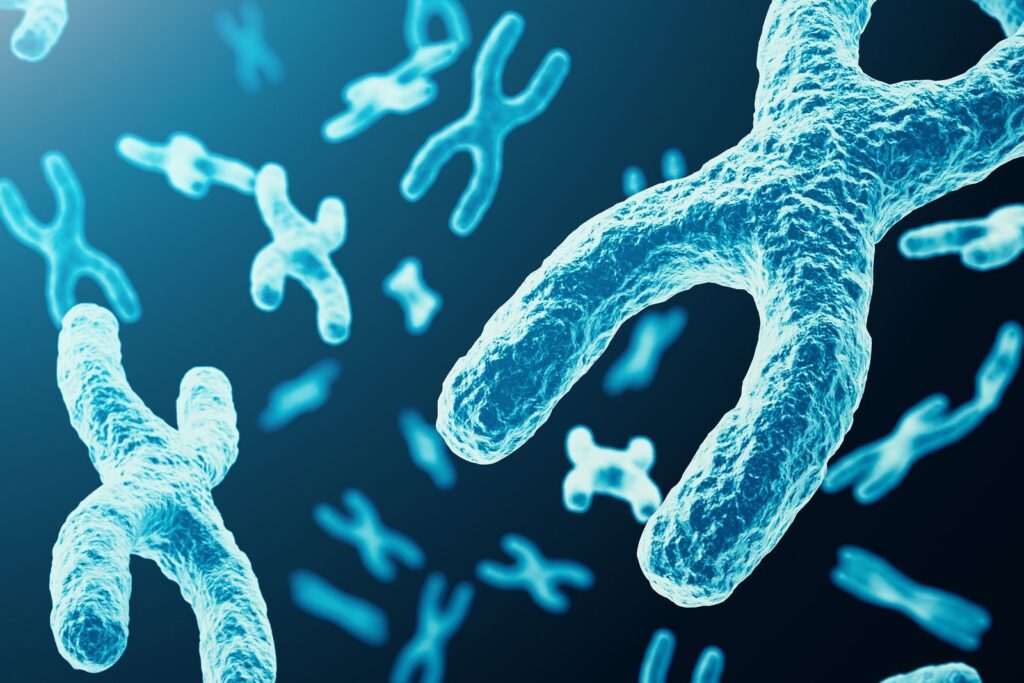SNPs (Single-Nucleotide-Polymorphism) are variations of a single nucleotide in a given gene.
What are SNPs and what is their importance?
SNPs are single nucleotide variations in a given gene. That is to say, in the same nucleotide sequence for a gene and, for various reasons, in a specific area of that gene we find that the usual nucleotide has been replaced by another. For example, if in the normal population we find that the usual nucleotide base pair is A-T, in the person presenting a SNP it could be A-G. Giving rise to variations in that gene and, therefore, producing functions different from those that the gene would normally produce in the organism.

Keys to understand what SNPs are
Chromosomes
Each cell in our body contains all of our DNA in a compressed form. It is found in this way because each cell has 2 meters of DNA inside it. How is this possible? The DNA is found in the form of a strand that is coiled and compacted inside the cell nucleus, forming what we know as chromosomes.
In total, DNA is organized into 23 chromosomes that have a homologous pair coming from the other parent (except for the X chromosome in females and the Y chromosome in males, the last chromosome). Therefore, each individual has a total of 23 pairs of chromosomes, half coming from the mother and half coming from the father.

Within chromosomes, the genes
Chromosomes, in order to facilitate a nomenclature from the study of genetics, are divided into different regions or loci which, in turn, are made up of smaller pieces known as genes.
These genes are made up of different nucleotides that, in essence, we could say that they are the letters or alphabet that make up our DNA. Nucleotides are four nitrogenous bases: adenine (A), thymine (T), cytosine (C) and guanine (G). These nucleotides are joined in pairs, forming the famous DNA double helix we are all familiar with.
How do SNPs influence the genetics of personality?
SNPs are genetic variations that produce a certain alteration of the regulatory function of a gene, so they can be involved in different processes. Rarely does a SNP have a sufficiently important weight to produce serious alterations, but when a set of SNPs are present in the genome they can produce significant changes.
Currently there are multiple studies that have shown the relationship of different SN’s with extroversion, neuroticism, openness to experience, kindness or responsibility.

